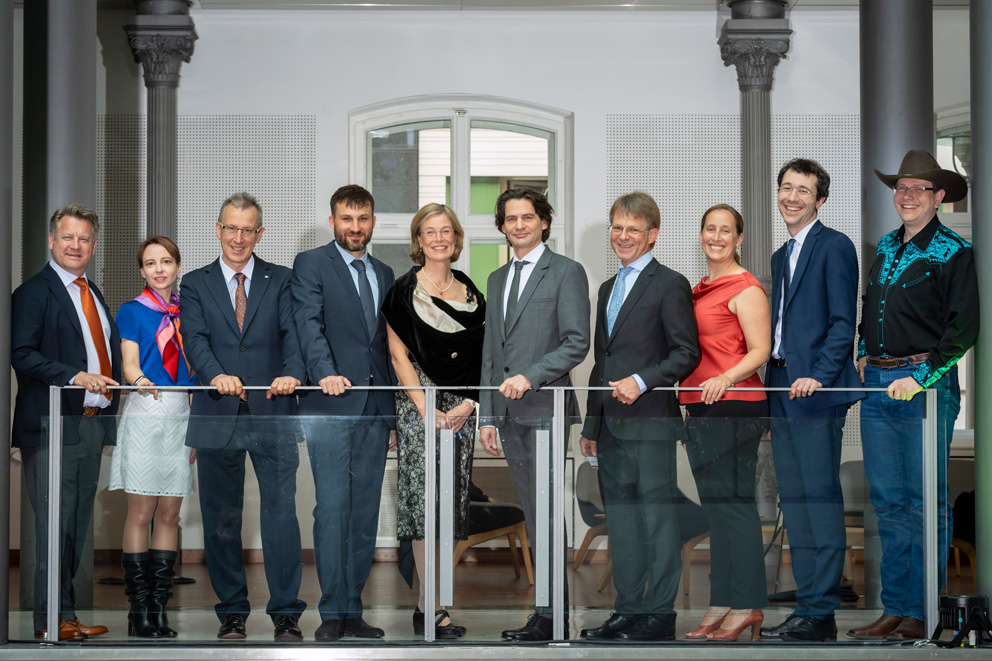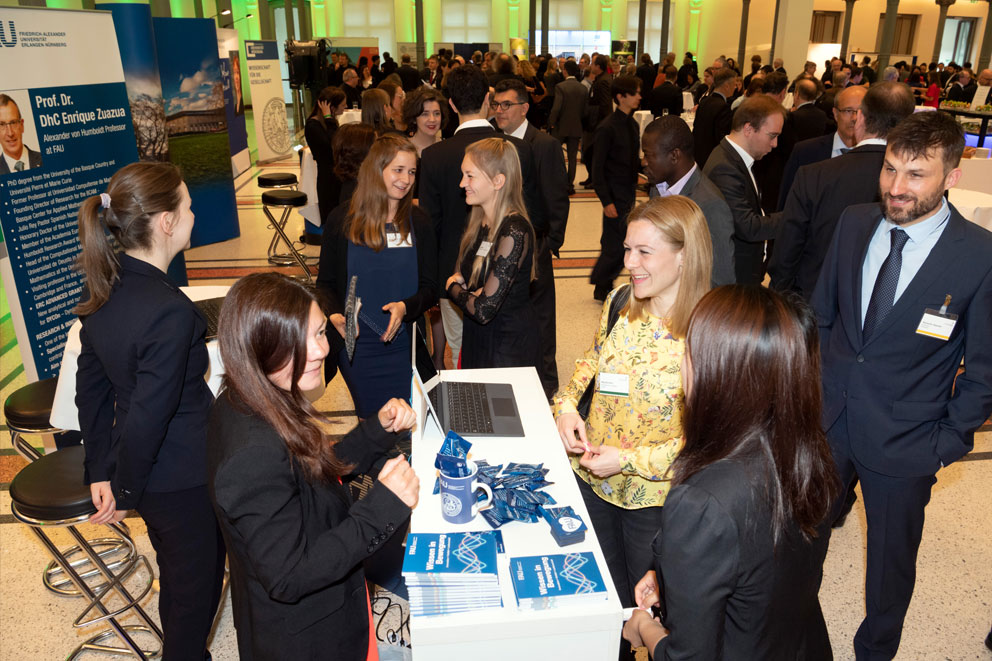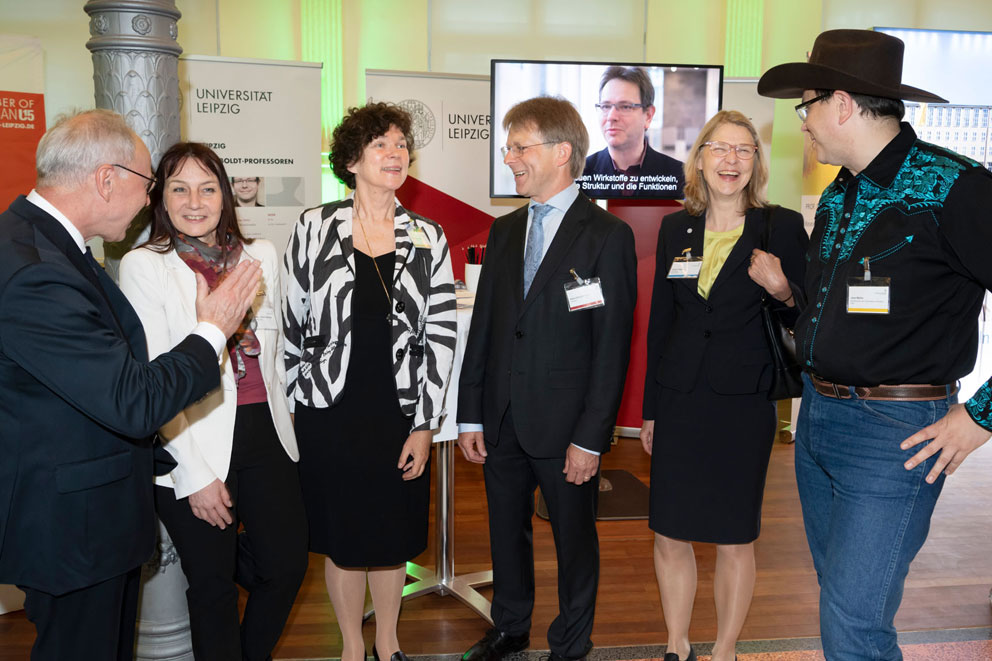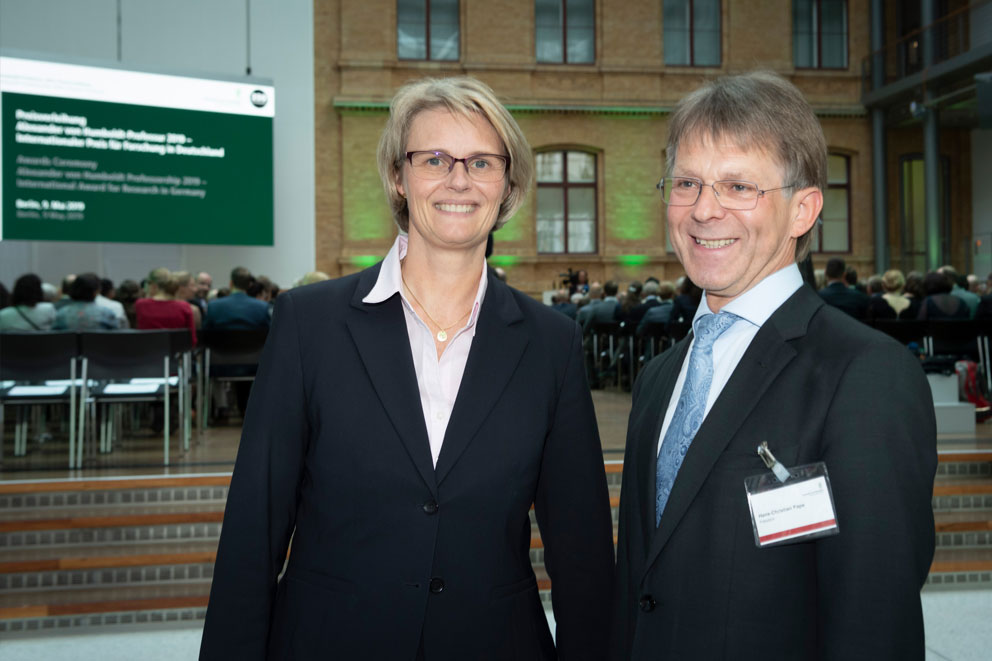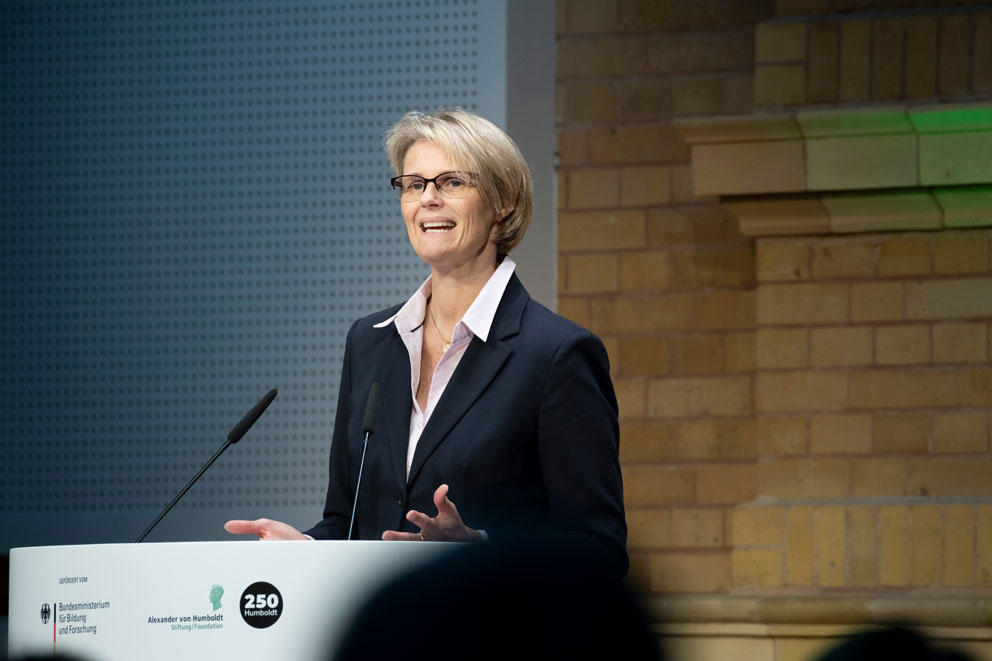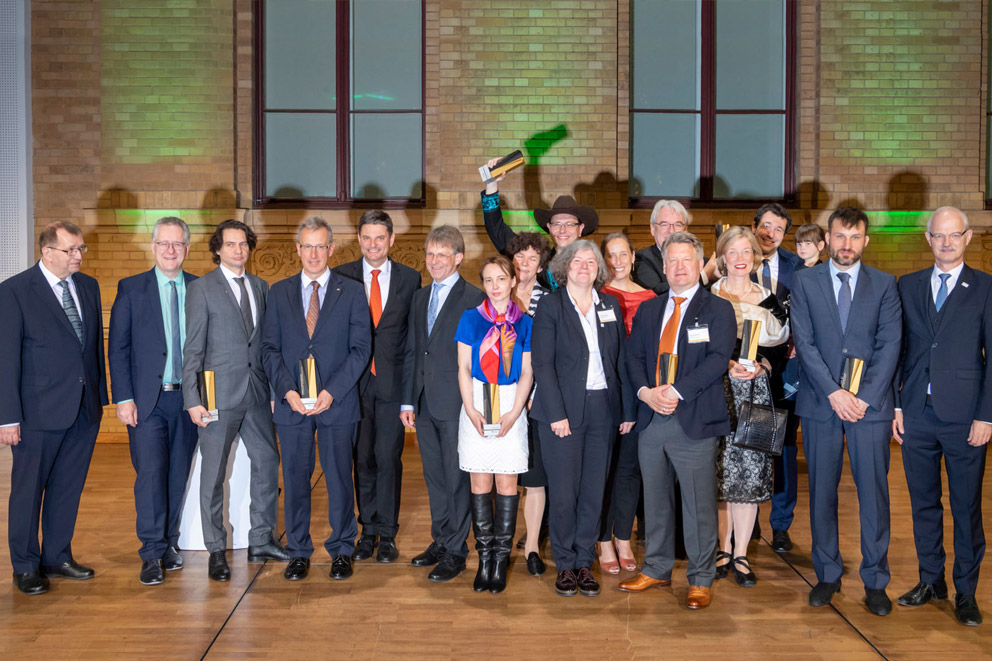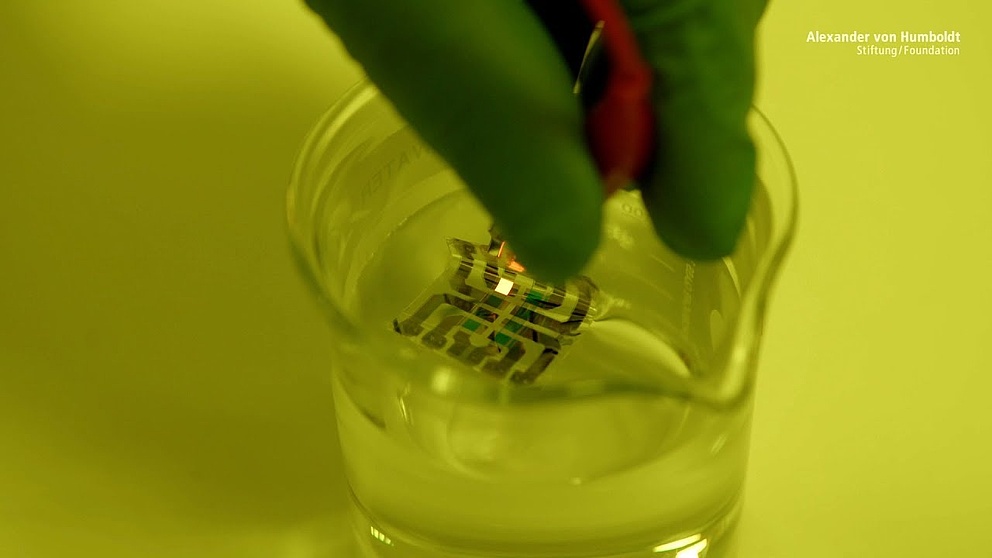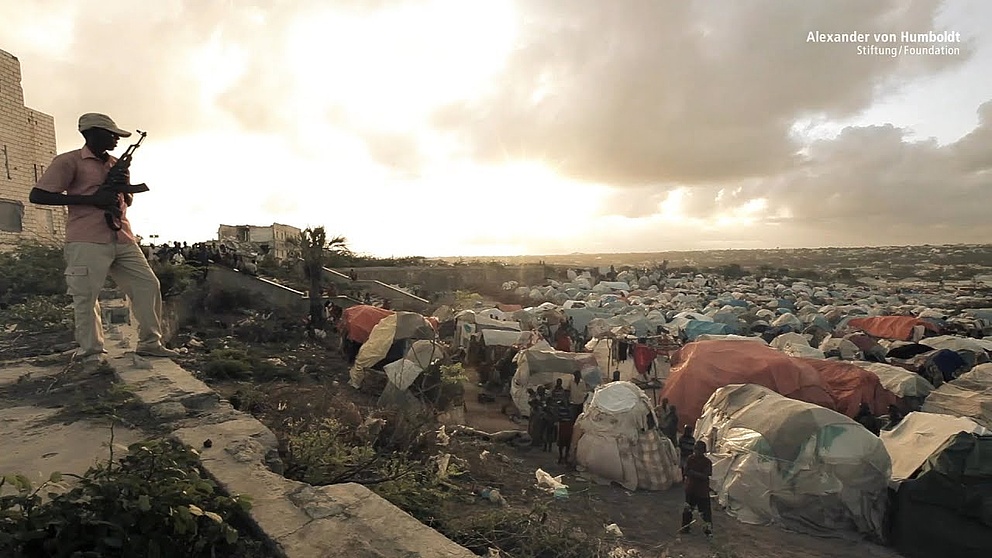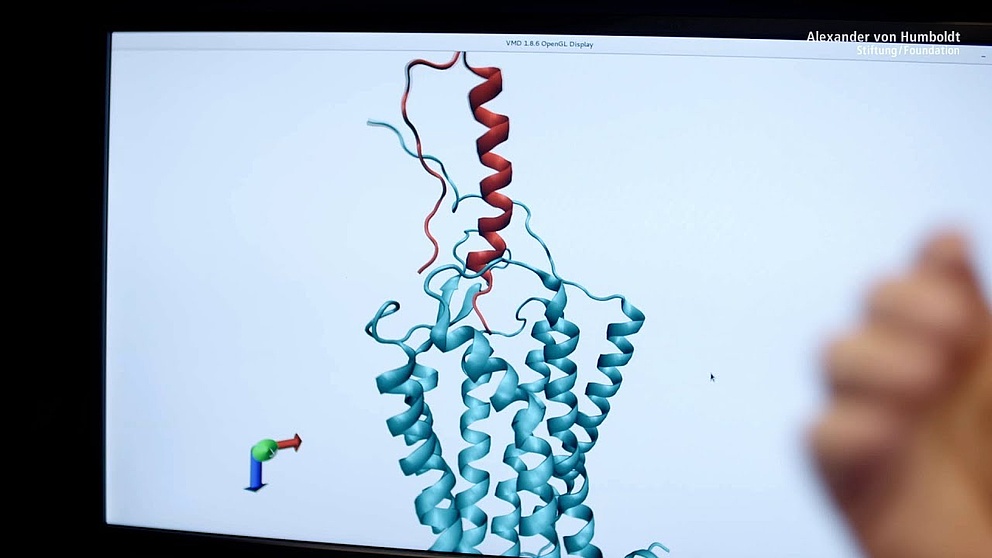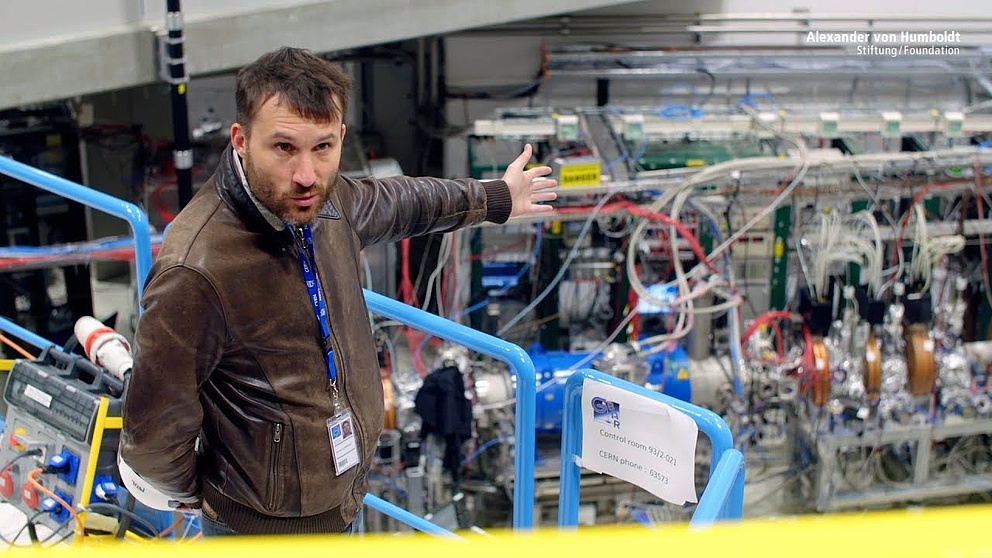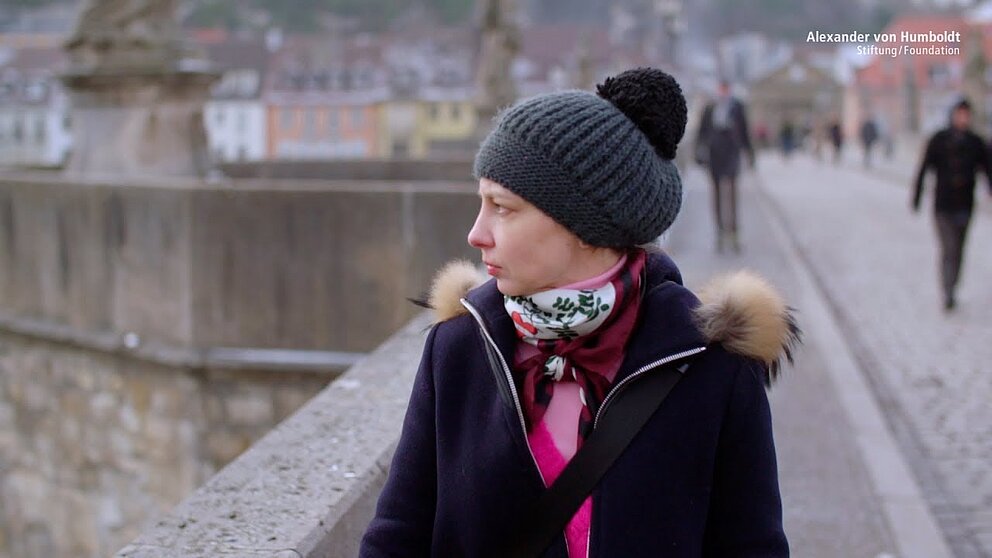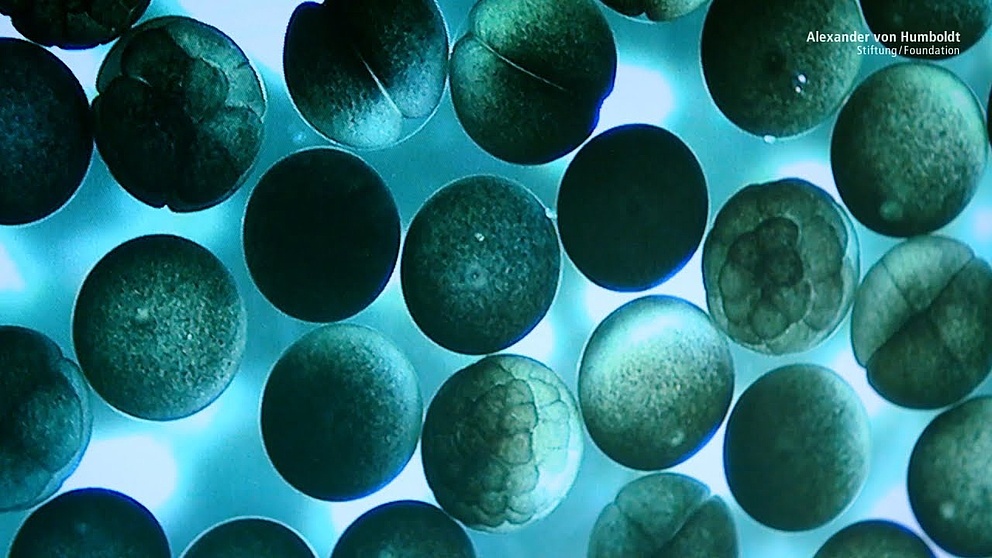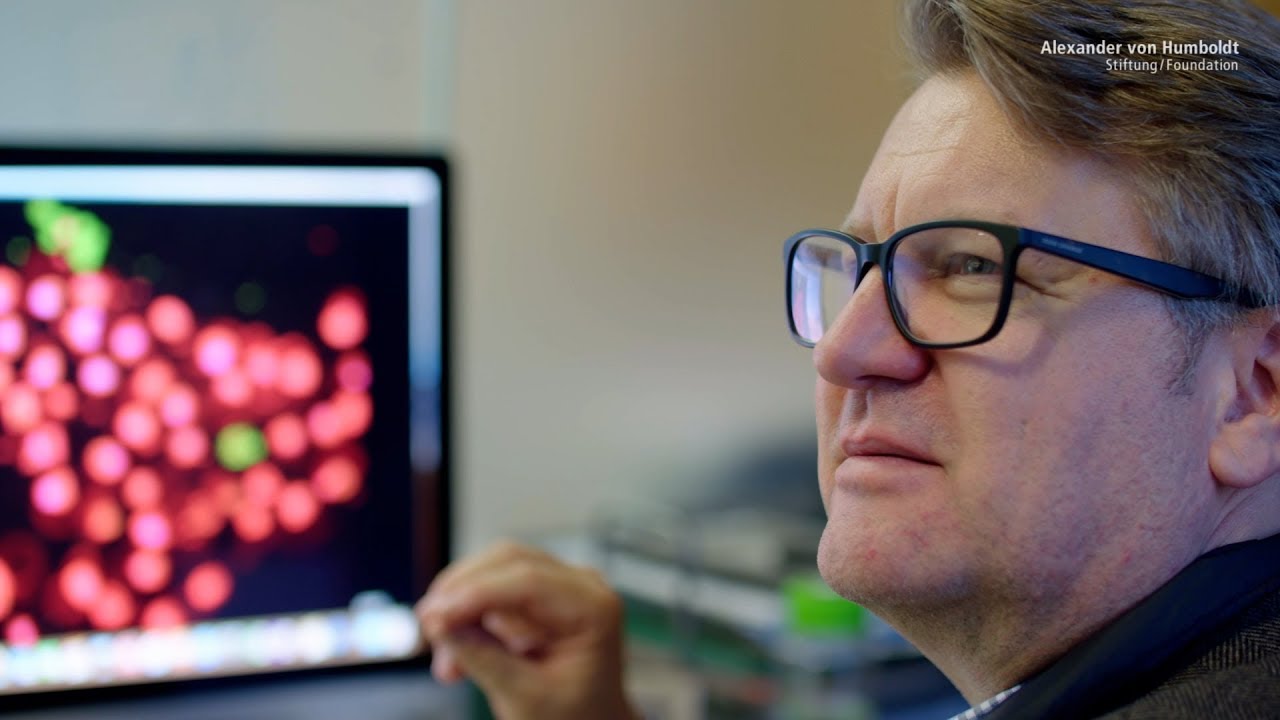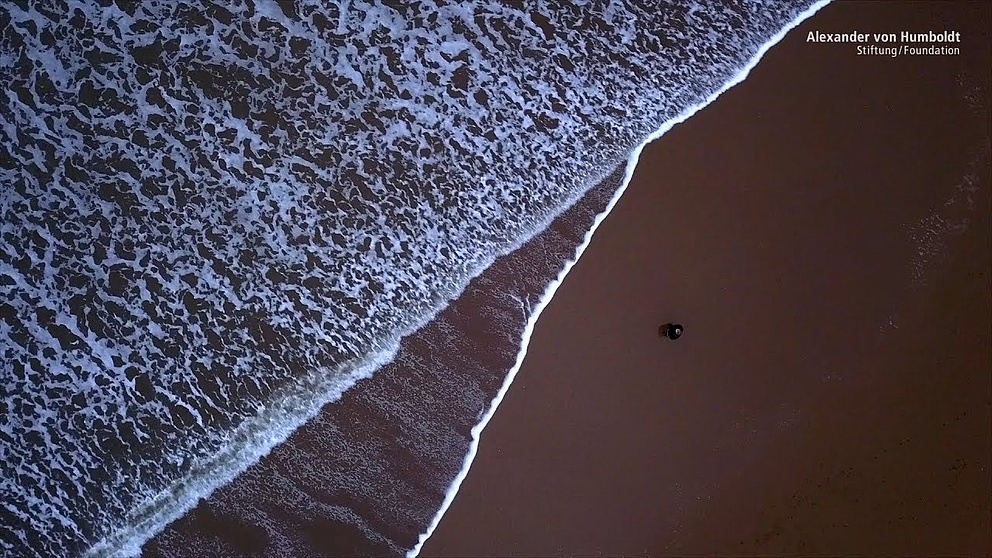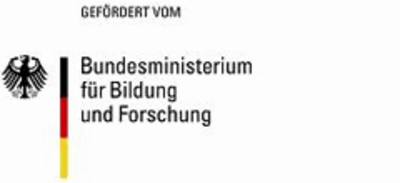
Kontakt
Presse, Kommunikation und Marketing
Tel.: +49 228 833-144
Fax: +49 228 833-441
presse[at]avh.de
updated on 24 June 2019
On 9 May, the Alexander von Humboldt Professorships were conferred by the Federal Minister of Education and Research, Anja Karliczek, and the President of the Alexander von Humboldt Foundation, Hans-Christian Pape. The Minister announced plans to reinforce the field of Artificial Intelligence by establishing additional Humboldt Professorships.
Alexander von Humboldt Professorships were awarded to nine top researchers from abroad on 9 May in Berlin. This award is Germany's best endowed research award and is worth up to €5 million. The President of the Humboldt Foundation, Hans-Christian Pape, presented the awards during a formal ceremony with Minister for Education and Research Anja Karliczek to Margaret Crofoot, Malte Gather, Anke Hoeffler, Jens Meiler, Alexandre Obertelli, Stefanie Petermichl, Dietmar Schmucker, Henning Walczak and Enrique Zuazua.
The recipients were nominated by German universities and research facilities. They will be conducting research in Bonn, Darmstadt, Erlangen-Nuremberg, Cologne, Konstanz, Leipzig and Würzburg. “The individuals who are coming to Germany with an Alexander von Humboldt Professorship are expected to set things in motion”, the President of the Humboldt Foundation Hans-Christian Pape underscored and called upon the award winners attending the function: “You are coming here to change. You will have the task of bringing fresh wind into our system. This also applies to the dialogue with the public: Get involved, talk about your research, and bring yourself, your knowledge and your intellect to the table.”
“Freedom and trust are part of a Humboldt Professorship: be it freedom from expectations of short-term usefulness or be it freedom to conduct basic research or experiments that don’t have to shy away from the risk of failure ‒ all of this is part and parcel of a Humboldt Professorship”, Pape continued.
Federal Minister of Education and Research Anja Karliczek stated, “Alexander von Humboldt was an exceptional researcher. Today, 250 years after his birth, he continues to be a role model for science and academia. Even in his day, he was a networker who cultivated intensive exchanges with other researchers. He lived, travelled and corresponded on a global level ‒ entirely without any modern means of communication. Networks of researchers and networkers among researchers are the lifelines of science and scholarship even today. This is what the Alexander von Humboldt Professorship stands for.”
The Federal Minister of Education and Research also announced the creation of another 20 to 30 Alexander von Humboldt Professorships as part of the German government’s Artificial Intelligence Strategy. These new professorships are to be awarded in AI-related disciplines by the year 2024: “Alexander von Humboldt’s era witnessed a ‘knowledge explosion’. We are witnessing a knowledge explosion today as well: it is taking place with the help of computer chips and in borderless data rooms. Digital explorers with an integrated approach are needed in this connection. The German government’s Artificial Intelligence Strategy includes the creation of 100 new AI professorships, including 20 to 30 based on the funding model used for Alexander von Humboldt Professorships. The Alexander von Humboldt Professorship for Artificial Intelligence will address the subject of artificial intelligence in the Humboldtian spirit on an integrated basis, in both technical and societal terms”, Minister Karliczek stated.
A precise timetable for the establishment of the Humboldt Professorships for Artificial Intelligence has not yet been finalised. Details are currently being coordinated with the Federal Ministry of Education and Research. The first Humboldt Professorships in the field of artificial intelligence might however be awarded as early as May 2020.
With the Alexander von Humboldt Professorships, the Humboldt Foundation has till now singled out up to ten researchers annually from all disciplines who have worked abroad to date and are international leaders in their fields. The award comes with €5 million in funding for individuals conducting experimental research and €3.5 million for researchers working in theoretical fields. In addition to the candidates’ outstanding scientific and academic qualifications, the decisive factors in the selection process are the concepts developed by the universities that will offer the researchers and their teams long-term career prospects in Germany. Alexander von Humboldt Professorships are financed by the Federal Ministry of Education and Research.
The award winners at a glance:
- Cologne: Malte Gather (Nanobiophotonics) is moving from the University of St Andrews, UK, to the University of Cologne.
Living lasers and light that steers cells
Malte Gather conducts research in the realm where biology, medicine and physics intersect. Together with his team, he has miniaturised lasers and integrated them into living cells. At present he is working on biocompatible applications for the OLED technology of the type embedded in smartphone displays, applications with the potential to heal neurological disorders that affect vision. Malte Gather will head the newly-founded NanoBioPhotonics Research Centre at the University of Cologne and will bring together work being done in the materials and life sciences. - Konstanz: Anke Hoeffler (Political Economy) comes from the University of Oxford, UK, to the University of Konstanz.
Making society more resilient
Anke Hoeffler studies the phenomenon of violence. She has moved the subject of collective violence into the focus of development research using the question whether wars are triggered by social injustice or have primarily economic causes. While at the University of Konstanz she will also examine interpersonal violence, such as violence in families. A new centre for conflict research and development policy is to be established where Anke Hoeffler will strengthen research on these issues. - Leipzig: Jens Meiler (Bioinformatics) is transferring from Vanderbilt University in the USA to the University of Leipzig.
Designing individual medicines on the computer
Jens Meiler develops computer programmes that can calculate plausible models for the structure of specific proteins. Such models, which are exact down to the smallest spatial molecular structure, are needed in order to develop tailor-made medicines. Jens Meiler conducts research with a team in which molecular biologists work closely with IT specialists, chemists and physicists. Now, a new centre with additional expertise in experimental work is to be established in Leipzig for the structure-based development of medicines. - Darmstadt: Alexandre Obertelli (Experimental Nuclear Physics) is transferring from the Institut de recherche sur les lois fondamentales de l‘Univers (IRFU), France, to TU Darmstadt.
Exotic nuclei and the origins of the elements
How did the chemical elements - the building blocks of our world - come into being? To answer such fundamental questions, Alexandre Obertelli is studying radioactive nuclei that are instable due to the fact that they have too many or too few neutrons. The FAIR international accelerator facility is currently being built in Darmstadt. In the laboratory there, matter that otherwise exists only in the depths of space will be produced and studied - offering ideal conditions for Alexandre Obertelli to develop the field of physics of rare isotopes at TU Darmstadt into a research centre of global standing. - Würzburg: Stefanie Petermichl (Mathematics) comes from the University of Toulouse, France, to Würzburg.
Builder of bridges between worlds of mathematics
Stefanie Petermichl is a leading mathematician in the area of harmonic analysis, a field that could help, for example, to improve medical imaging processes or make it easier to process signals. Drawing on unusual ideas and combining various mathematic subdisciplines, Stefanie Petermichl has left her mark on this field of research and created new standard instruments in recent years. She will establish a new interdisciplinary research centre at the University of Würzburg. - Bonn: Dietmar Schmucker (Molecular Neuroscience) is moving from the Katholieke Universiteit Leuven, Belgium, to the University of Bonn.
Understanding the brain: How nerve cells are linked
In the human brain, billions of nerve cells are linked together in complex networks. Malfunctions in their connections are often the cause of neurological diseases. Dietmar Schmucker has developed methods and techniques that help us understand which molecular mechanisms underlie the wiring of the nervous system. As a result, his basic research is also highly relevant to the medical field. Dietmar Schmucker will now set up a neuroscience centre in Bonn with a focus on fundamental research. - Cologne: Henning Walczak (Biochemistry/Immunology) is transferring from University College London, UK, to the University of Cologne.
Messenger substances for the fight against cancer
Together with his team, Henning Walczak will research how programmed cell death can be used so that the immune system can reliably switch off cancer cells. He aims to influence messenger substances in ways that will prevent the death of immune cells that fight tumour cells. While in Cologne, Henning Walczak will bring pre-clinical and clinical research more closely together and expand the interdisciplinary research being conducted in the area of metabolism. - Erlangen-Nuremberg: Enrique Zuazua (Applied Mathematics) comes from the Universidad Autónoma de Madrid and DeustoTech, Bilbao, Spain, to the University of Erlangen-Nuremberg.
Shaping the future with the help of mathematics
Being an applied mathematician, Enrique Zuazua understands mathematics as a tool with virtually endless applications, as a kind of universal language. Control theory and numerical analysis are his special disciplines. In practical terms, he wants to make reality more calculable and controllable. The challenge here is to find algorithms that are not infinite but rather sufficiently precise - and therefore both quickly and reliably calculable. He will now drive forward innovative and interdisciplinary research projects at the University of Erlangen-Nuremberg.
In addition, one previously conferred award has been presented:
- Konstanz: Margaret Crofoot (Biology/Movement Ecology) is moving from the University of California, USA, to the University of Konstanz.
Who decides which way to go? Group dynamics among baboons
Margaret Crofoot focuses her research on the social behaviour of primates: how do animals move in groups? How do they defend their territory? And how do they make decisions? Crofoot is one of the pioneers in the young field of movement ecology who are investigating questions like these. The observation of animals equipped with GPS transmitters has revealed how complex the decision-making process is in such groups. Margaret Crofoot will develop the research focus Collective Behaviour at the University of Konstanz.
The Alexander von Humboldt Foundation
Every year, the Alexander von Humboldt Foundation enables more than 2,000 researchers from all over the world to spend time conducting research in Germany. The Foundation maintains a network of well over 29,000 Humboldtians from all disciplines in more than 140 countries worldwide – including 55 Nobel Laureates.

